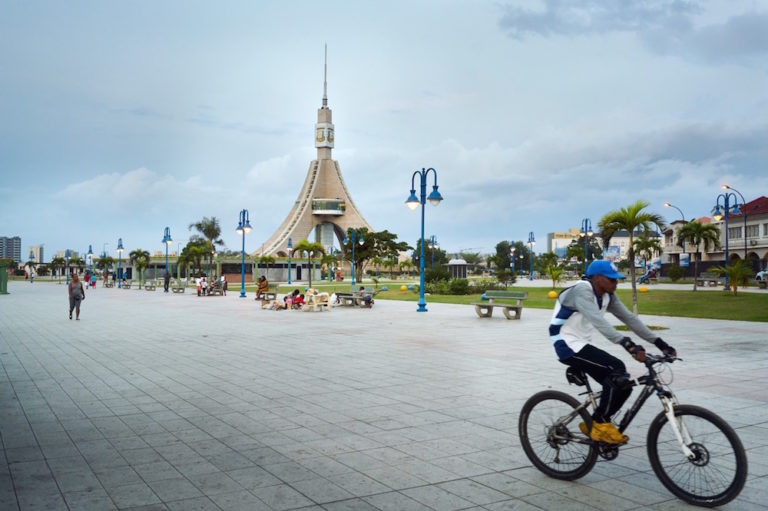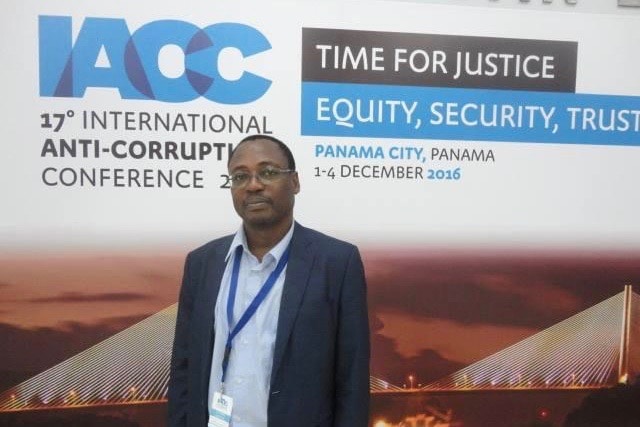(RSF/IFEX) – RSF has expressed its serious concern following a clear deterioration in press freedom and freedom of expression in Equatorial Guinea. “Your country is one of the most repressive in Africa with regard to press freedom,” stated Robert Ménard, the organisation’s secretary-general, in a letter to President Teodoro Obiang Nguema. “The independent press practically […]
(RSF/IFEX) – RSF has expressed its serious concern following a clear deterioration in press freedom and freedom of expression in Equatorial Guinea. “Your country is one of the most repressive in Africa with regard to press freedom,” stated Robert Ménard, the organisation’s secretary-general, in a letter to President Teodoro Obiang Nguema. “The independent press practically does not exist, the only journalists’ association is constantly threatened, access to the Internet is increasingly limited and foreign journalists are now subject to new, particularly restrictive regulations,” Ménard underlined. The organisation asked the head of state to publicly declare himself in support of greater freedom of expression in his country and to see to it that all journalists in Equatorial Guinea can work without obstruction and in a climate of full security.
Nguema is included on RSF’s list of 38 international press freedom predators.
According to information collected by the organisation, the press freedom situation in Equatorial Guinea is in steady decline. On 22 May 2002, the vice-minister for information announced his intention to force foreign press correspondents to acquire official accreditation from the ministry. This temporary accreditation will be mandatory and renewable “on a case-by-case basis.”
Moreover, at the beginning of May, the authorities barred the Equatorial Guinea Press Association (ASOPGE) from organising the activities (exhibitions, conferences, etc.) it had scheduled to mark World Press Freedom Day. A few days later, Information Vice-Minister Alfonso Nsue Mokuy aksed the government to ban the ASOPGE. The vice-minister accused the association of operating as a “parallel government” and not organising all of its activities in conjunction with the ministry.
Finally, several journalists, political leaders and association heads have complained of increasing difficulties in accessing the Internet. According to them, illegal phone tapping has increased and the country’s sole Internet service provider allegedly monitors e-mail traffic very closely. It has become increasingly difficult to access the Internet and occasionally all electronic communications are impossible.
This situation has arisen just as the trial of several opposition leaders is set to get underway in Malabo. They are accused of plotting a coup to overthrow the president.


